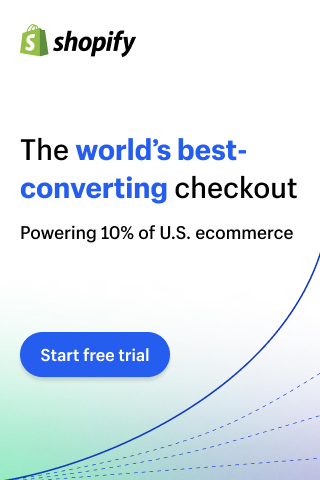Your ecommerce site needs to be tested and tested again: this cannot be emphasised enough. Ecommerce sites flourish (or fail) on the strength of the user experience they provide, and testing the shopping process repeatedly is the best way to achieve this. But it isn’t enough to test your site internally. After all, you know your site! It needs to be tested by a typical user, and the insights they offer may surprise you.

Mystery shoppers are regular people who can be hired to use the services of a company and report back on their experiences. It’s common for organisations to use such a service to see how the customer experience delivers on their brand promise and to ensure high standards and consistency across their entire organisation. Mystery shopping has traditionally been used by the retail sector for ‘real world’, bricks and mortar shopping. It’s a particularly good way for chain stores to monitor what goes on in their many physical locations and ensure standards are maintained in every store.
For example, the central headquarters of a massive chain of retail shops will arrange for mystery shoppers to randomly visit stores in their chain, complete a purchase of a certain size and report back on their experience. Occasionally, the mystery shopper will be asked to approach a member of staff for advice. Typically they’ll be asked to report back on things such as:
- how clean and tidy was the store?
- how easily did you navigate the layout?
- how helpful were the staff?
- how polite and friendly were the checkout team?
The information the mystery shopper provides will then be used to raise standards, inform staff training and future policy.
Mystery shopping also works in the online retail environment. It serves the same purpose of identifying concerns and ensuring the customer experience matches what the brand envisages. Mystery shoppers will tell you how their interaction with your brand online matches up to the experience your brand wants customers to have with their online presence. Because mystery shoppers are normal people with no affiliation to your company, it’s a good way to assess a customer’s typical experience.

When your mystery shoppers report back on their experiences, you’ll get an idea what the average consumer experiences when they shop with your service. You’ll gain data about how easy the website functionality is to use and which parts need improvement, how fast the item is delivered and what impression the customer is left with. All this information can be fed back into the business to improve it for future customers.
Choosing the mystery shopper
Mystery shoppers tend to be fairly average people who do mystery shopping as a part time job that brings in a little spare money, or free goods and services. When mystery shoppers are chosen for online shopping investigations, it’s common for them to be chosen by things such as their degree of familiarity and experience with ecommerce. For instance, a website that’s very keen to engage with inexperienced online shoppers may recruit mystery shoppers who are themselves not very confident buying things online. Their experience will then help inform the retailer what the pain points are with their shopping experience.
If you are recruiting mystery shoppers, it’s a good idea to find people who loosely fit your target demographic. For instance, if your company sells goods or services of interest to a 50+, female demographic in urban areas, then it’s a good idea to try to recruit someone who fits this demographic.
Running a mystery shopper programme
You’ll generally find most mystery shopper programmes are conducted using an agency who will handle most of the work recruiting shoppers for your needs. They will then report back on their findings. Huge high street brands will generally have an ongoing programme of mystery shopping to maintain standards over the long term, however it’s also common to conduct a mystery shopping exercise as a one-off event. It isn’t an instant process, because it can take a while to recruit the right mystery shoppers for your needs – that’s especially true if your target audience is very narrow.
Timing
You might like to plan your mystery shopping campaign to target a particular time of day or a season in the year. For example, the run up to Christmas can be a very important retail period, so you may like to use a mystery shopper at that time to see how the ecommerce experience holds up under seasonal pressure.
Other ways to test your website
It’s good practice to keep testing your website, not just at the point when you make changes to it but throughout the lifetime of your site. Ecommerce retailers cannot rest on their laurels – they need to keep testing the customer journey. Even if your site doesn’t change, your customers will, as they are exposed to what your competitors are doing and become more experienced online shoppers.
There are several ways to test your site, besides mystery shopping. User testing can offer amazing insights and really help you understand your user journey better. Typically, user testing is done by watching a typical user navigate your site and talk you through their experience. You may find that elements of your site that you thought were really obvious are actually perplexing to many people. You may also find some elements of your navigation are more or less popular than others.
Another way to test your website is to see how it looks and works on other devices. It’s very common for ecommerce retailers to view their own site on their desktop computer in the office, and they often overlook the fact that many users will be using it on a mobile or tablet device. It’s highly recommended that you check your site on different devices. This can be as easy as completing a transaction on your own mobile. You can also get clever tools that will preview how your site will look on a variety of popular devices.
